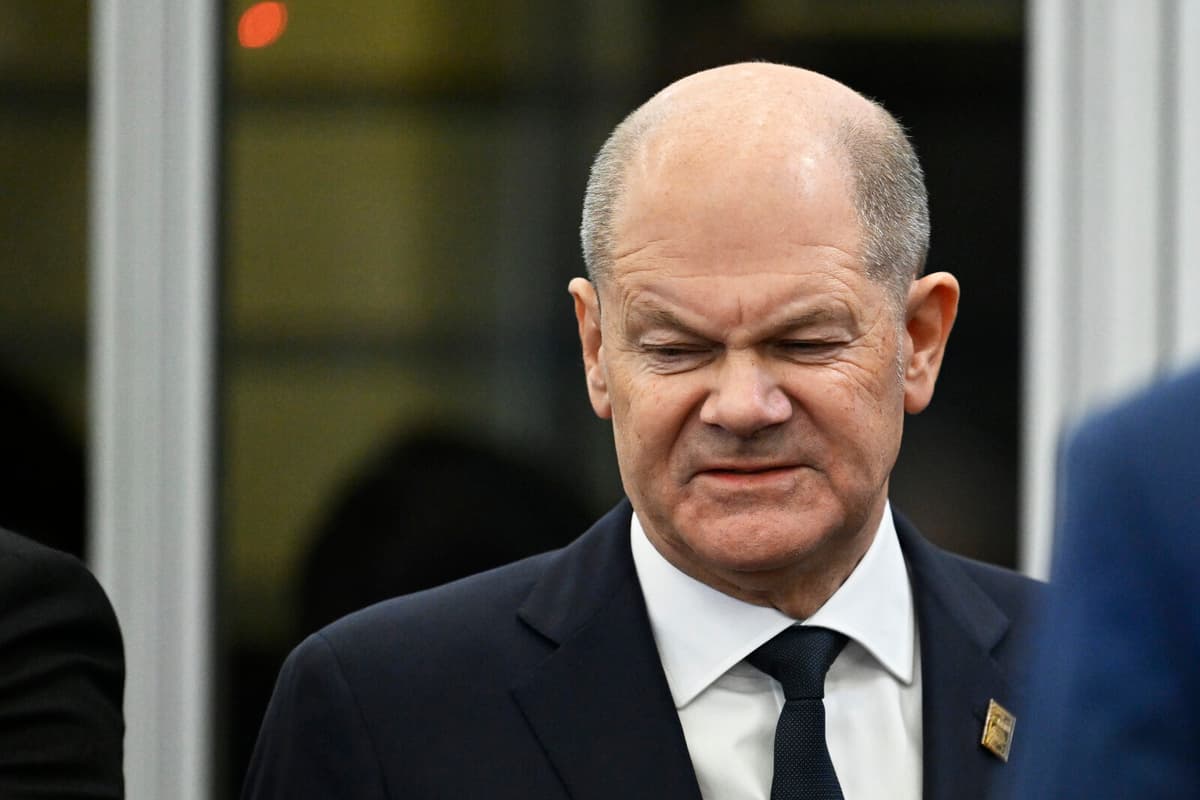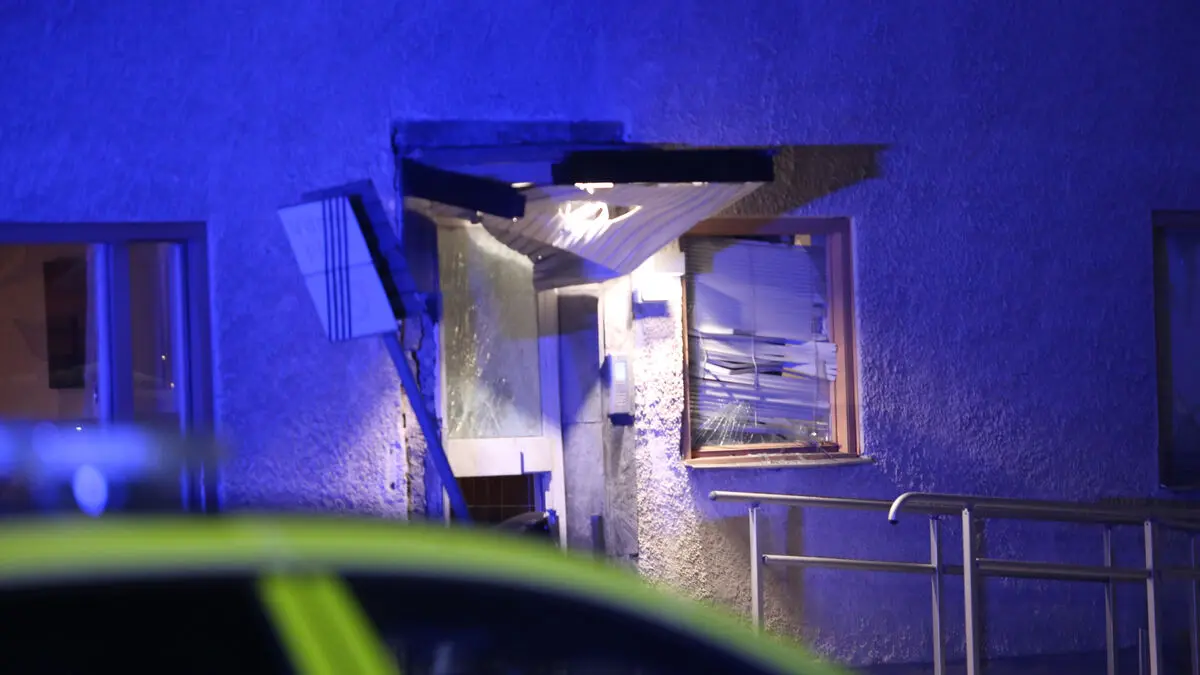The German minority government is under heavy pressure from the ongoing government crisis.
The opposition wants to see a vote of no confidence as early as next week. Social Democrat Scholz says in an interview with the German public service channel ARD on Sunday evening that he does not oppose an early vote.
He himself, however, would rather see a vote "before Christmas".
For me, it's no problem, he says.
"I'm not clinging on"
Last week, Scholz announced a vote on January 15, which sparked strong criticism. He called on his political opponents to engage in a "calm debate" about what his minority government can achieve in 2024 and said that the continued government work "can provide answers to the questions about when the time is right" for a vote of confidence.
In Sunday's interview, Scholz rejects the idea that he wants to stay on as the country's leader at any cost.
I'm not clinging on to my post, he says.
He is said to be expecting to lose and call new elections, according to Scholz's earlier timetable at the end of March.
Fired Finance Minister
Opposition leader Friedrich Merz, for the Christian Democratic CDU, sees no reason to wait that long and wants Scholz to ask parliament to vote on his confidence as early as Wednesday. This would allow new elections to be held at the end of January or early February. The far-right Alternative for Germany (AFD) is also backing Merz's line.
Scholz's announcement of a confidence vote in January came shortly after the news that Finance Minister Christian Lindner (Liberal FDP) had been fired, in the middle of work on next year's state budget.
Lindner's dismissal led the three remaining FDP ministers in Scholz's so-called traffic light coalition (after the parties' colors) to resign in protest – and the collapse of the government coalition was thus a fact.






